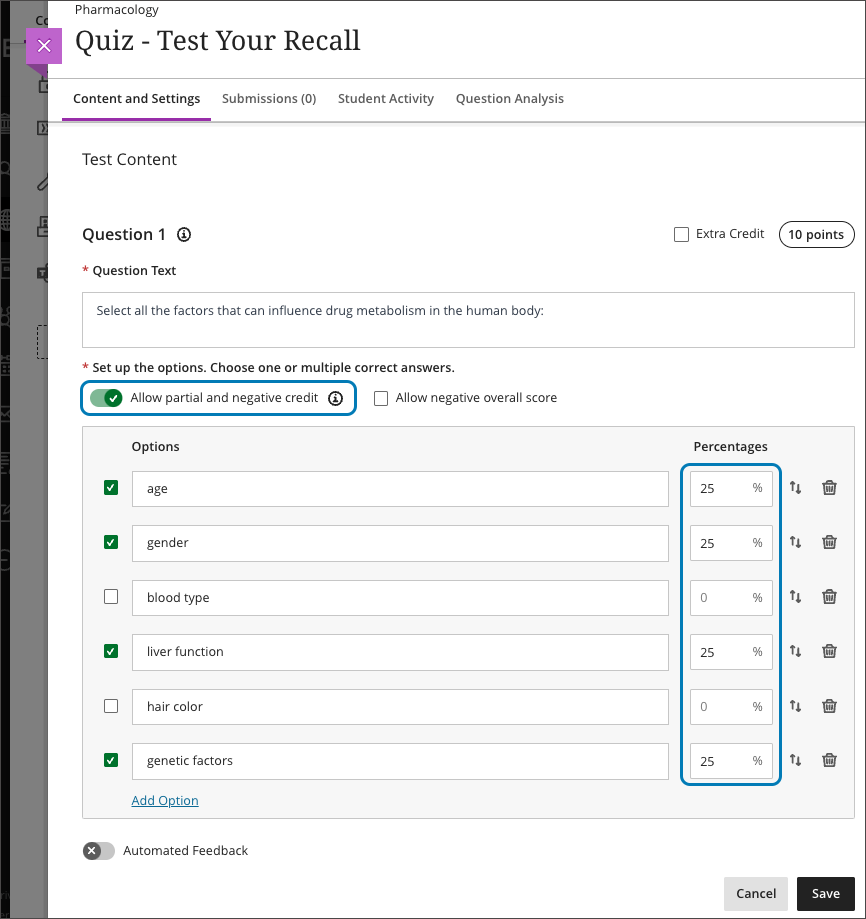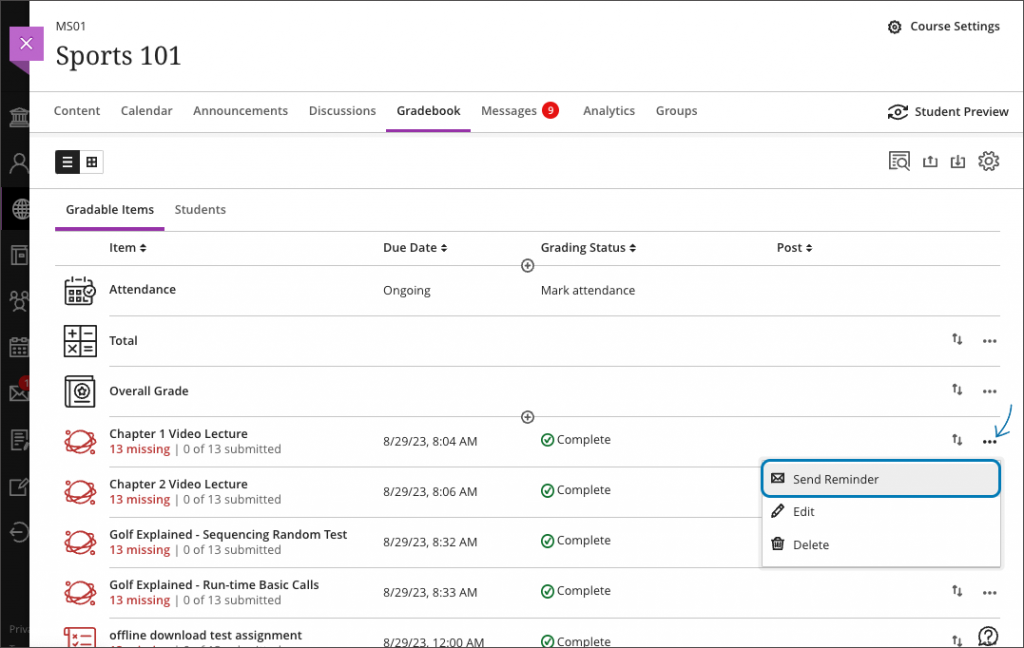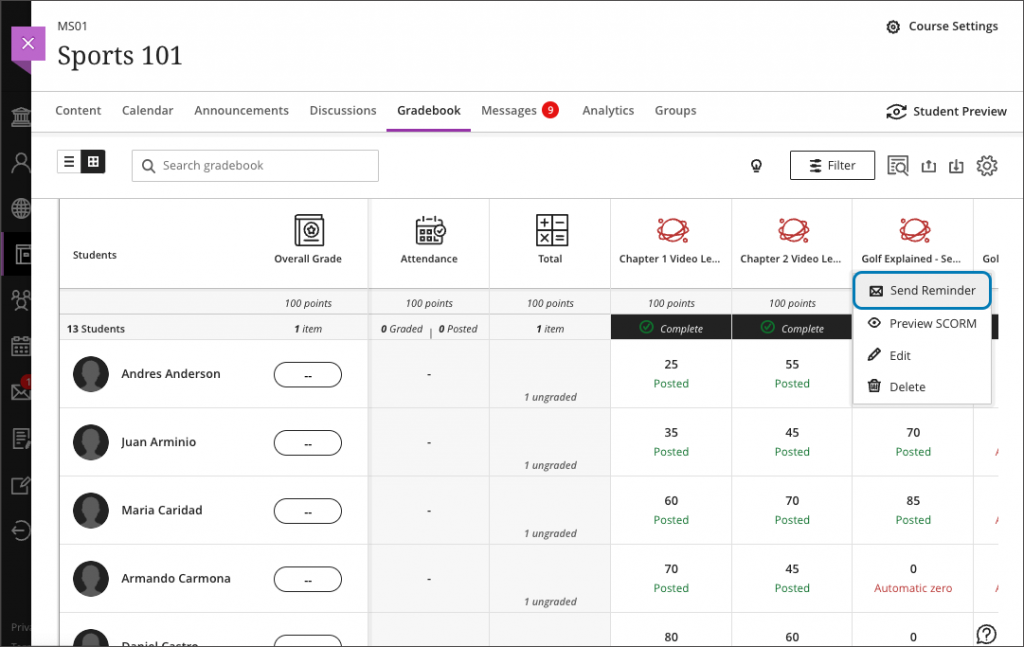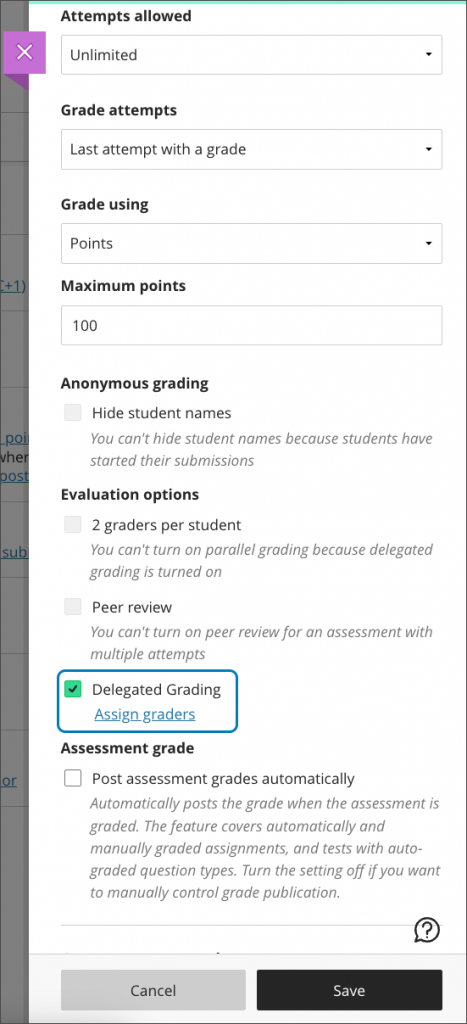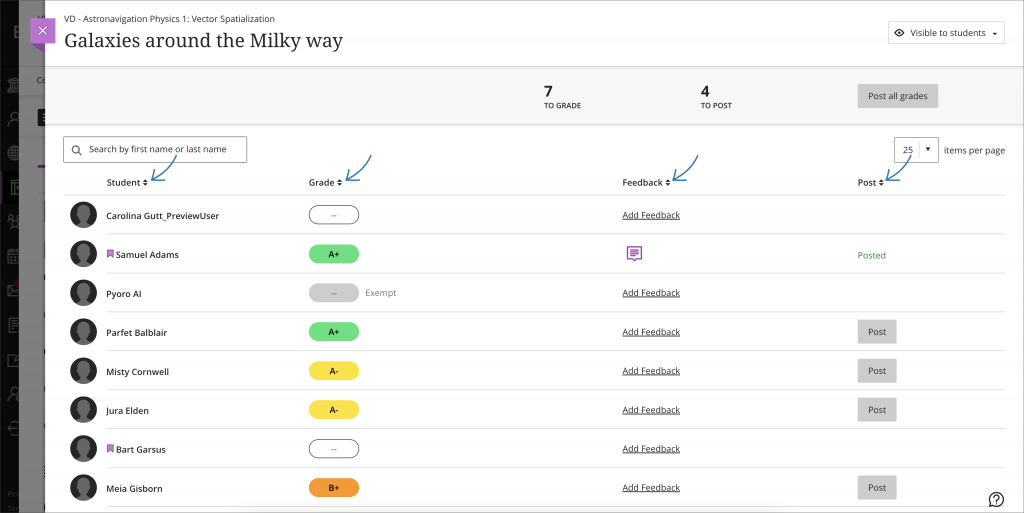
As leader of our PGCTHE programme, I keep an eye out for resources to help staff teach effectively. These include webinars, podcasts, online toolkits, publications and more. Topics include active learning, online/blended teaching, accessibility/inclusion, and effective learning design based on cognitive science. Below I’ve listed items that came to my attention in the past week. In the interest of clarity, our policy is to show the titles and descriptions in the language of delivery.
Online events and webinars
November
- Ongoing through 12/2023 Teaching, Learning and Employability Exchange, AI Conversations Exchange (weekly series of webinars)
- 28/11/2023 Thomas Lancaster, Bournemouth University, AI Assistance or AI Replacement? An Academic Integrity Conversation
- 29/11/2023 University of East London, Learning and Teaching Webinar Series, Un-ticking the box of peer observations (Mo Jafar, Dr Richard Buscombe and Hayley Nova, UEL)
- 29/11/2023 QAA Programme Leaders Network, Leadership in an Academic Environment
- 29/11/2023 CRADLE Seminar Series, The politics of student belonging
- 30/11 – 15/12/2023 Teaching, Learning and Employability Exchange, The 12 Days of AI (short tasks posted each day for two weeks)
- 30/11/2023 Oxford University Centre for Teaching and Learning, After ChatGPT: What do we know about generative AI one year in? – introducing Beyond ChatGPT: A report on the state of generative AI in academic practice for autumn 2023
- 30/11/2023 Future Teacher Webinars, Creating engaging and inclusive learning experiences
December
- 1/12/2023 ALT Winter Summit: ethics and artificial intelligence
- 5/12/2023 Rua M. Williams, Writing with Executive Dysfunction
- 5/12/2023 QAA, Student Quality Network: Tackling impacts of the cost of living on student engagement and representation
- 7/12/2023 Centre for Online and Distance Education, Student digital learning experiences
- 12/12/2023, ALT Winter Summit: ethics and artificial intelligence
- 14/12/2023 University of Warwick, Writing in the “Golden Hour”: effective, synchronous, collaborative academic writing, Prof. Karen Heard-Lauréote and Dr Carina Buckley
January
- 17/1/2024 UDL UK and Ireland Network, Engagement: What is it and how do we foster it?
Resources and publications
Resources on Artificial Intelligence
- Davis, M. (13/11/2023), International Day of Action for Academic Integrity, QAA Blog (see recordings)
- Moorehouse, B. L., Yeo, M. A., Wan, Y. (31/10/2023), Generative AI tools and assessment: Guidelines of the world’s top-ranking universities, Computers and Education Open
- Oxford University Centre for Teaching and Learning, Beyond ChatGPT: A report on the state of generative AI in academic practice for autumn 2023
Other resources
- Abegglen, S., Burns, T., & Sinfield, S. (2023), Developing Student Writing: Write to Learn (MOOC), OneHE
- Dobbins, K. (22/11/2023), Centring authenticity in evaluation, The SEDA Blog, including Evaluating Teaching and Learning in Higher Education Forum (47-minute video)
- Horii, C. V. & Springborg, M. (2022), What Teaching Looks Like: Higher Education through Photographs, Elon, NC: Elon University Center for Engaged Learning
- Key, L. (14/11/2023), To decolonise, we must reflect first upon our selves: reflections on the ‘Reimaging Higher Education’ Conference at De Montfort University, Talking Teaching and Learning
- Mihai, A. (20/11/2023), On fostering peer-to-peer learning at work, The Educationalist
- QAA (n.d.), UK Quality Code: Advice and Guidance (online toolkit with guidance documents on twelve themes)
Other
- Monthly series European Network for Academic Integrity, ENAI monthly webinars free open webinars on various topics related to academic integrity.
- Subscribe to SEDA’s mailing list for email discussions about educational development and emerging teaching practices. This is one of the sources I use when identifying useful material for the Roundup.
- Follow University of Birmingham’s Higher Education Futures institute HEFi on Twitter for daily posts with links to pedagogical literature and more. This is one of the sources I use when identifying useful material for the Roundup.
- Join the #LTHEchat on Twitter Wednesday nights for one hour of lively discussion about learning and teaching in HE. I often find out about good resources for the Roundup from the chat.
Please see the Staff Training booking page for training offered by the LTEU and other Aberystwyth University staff. I hope you find this weekly resource roundup useful. If you have questions or suggestions, please contact our team at lteu@aber.ac.uk. You may also wish to follow my Twitter feed, Mary Jacob L&T.

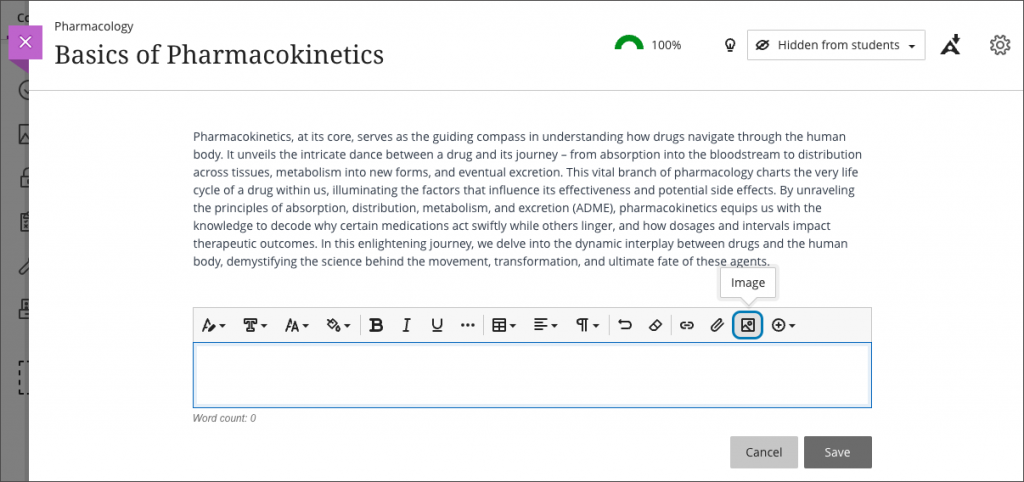
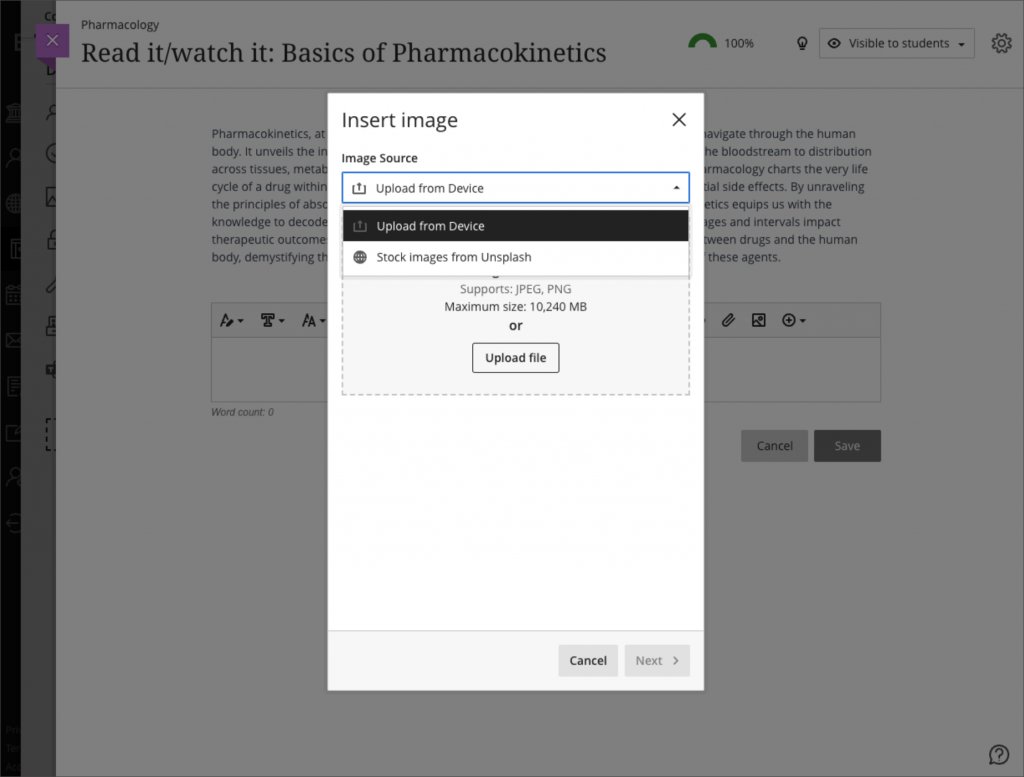
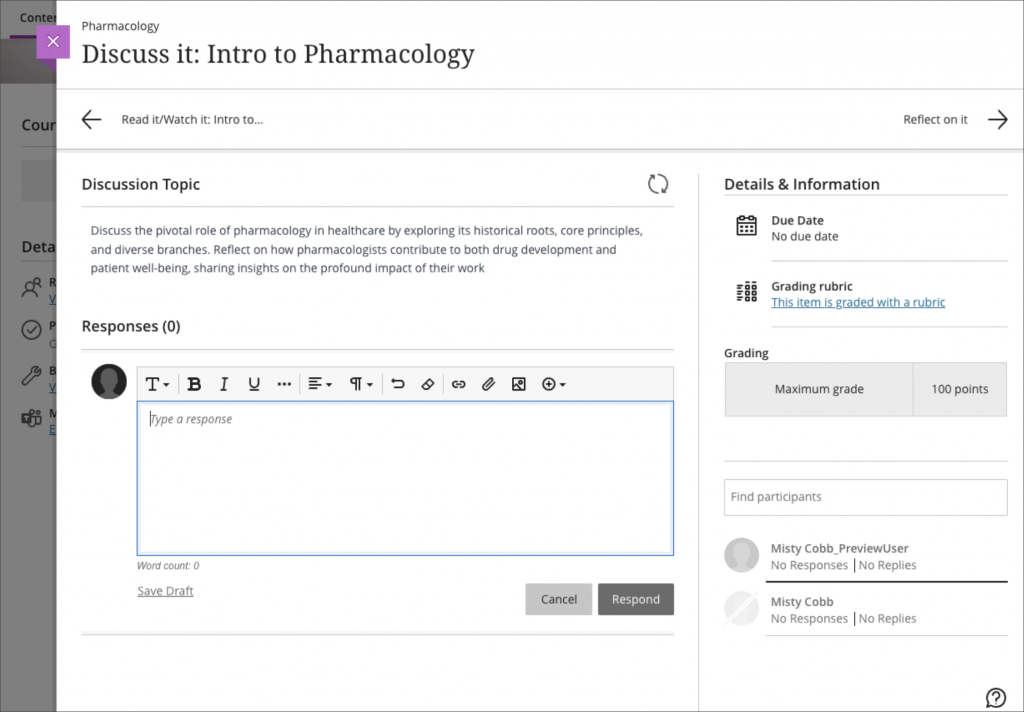
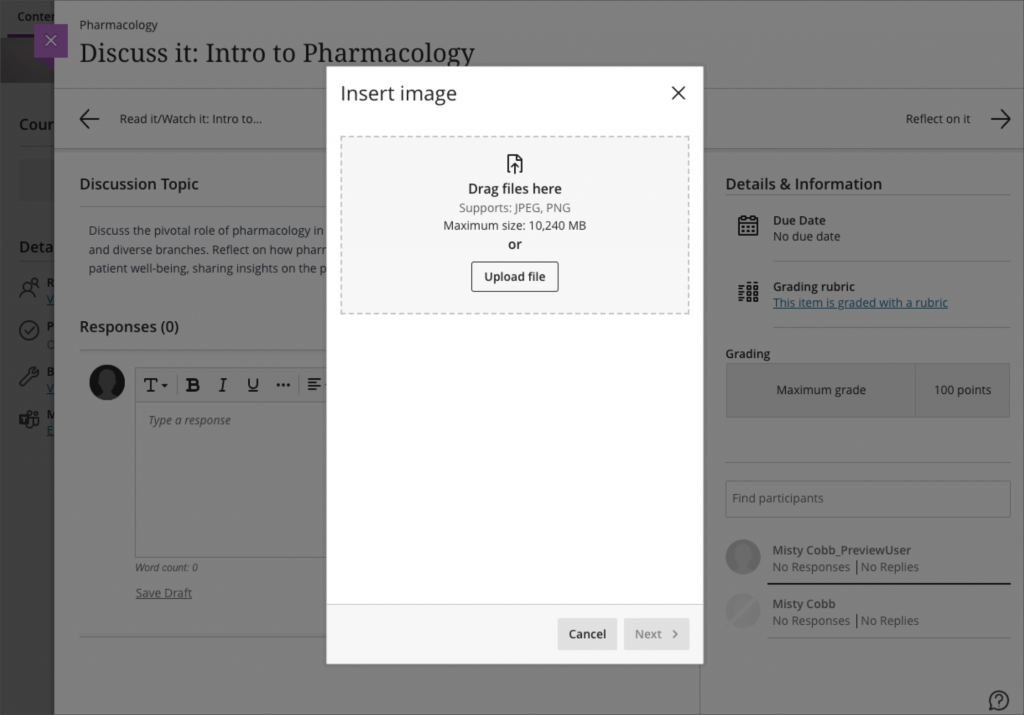
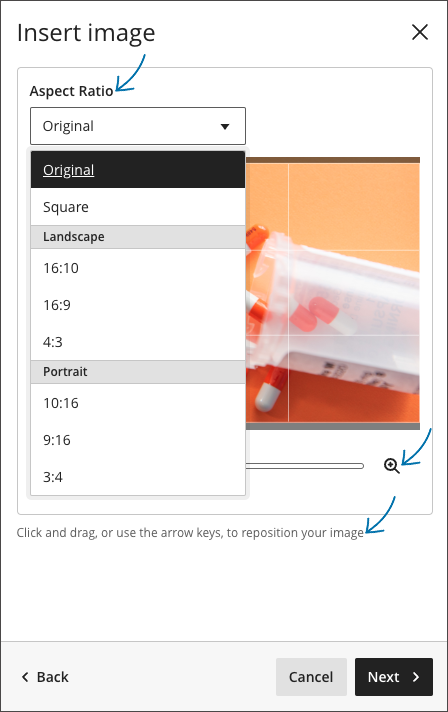
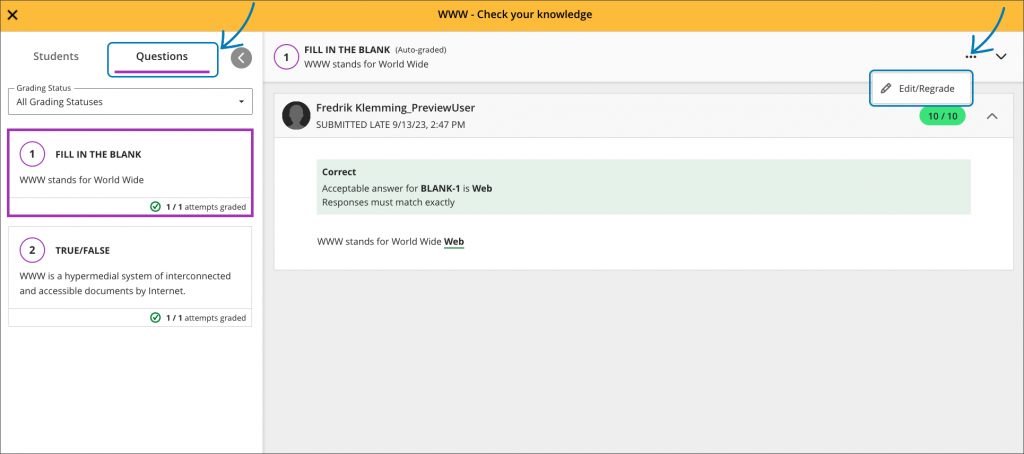
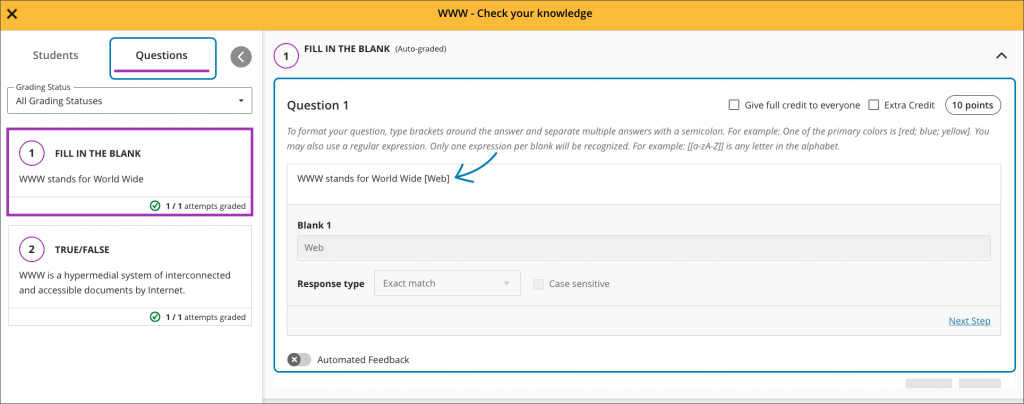
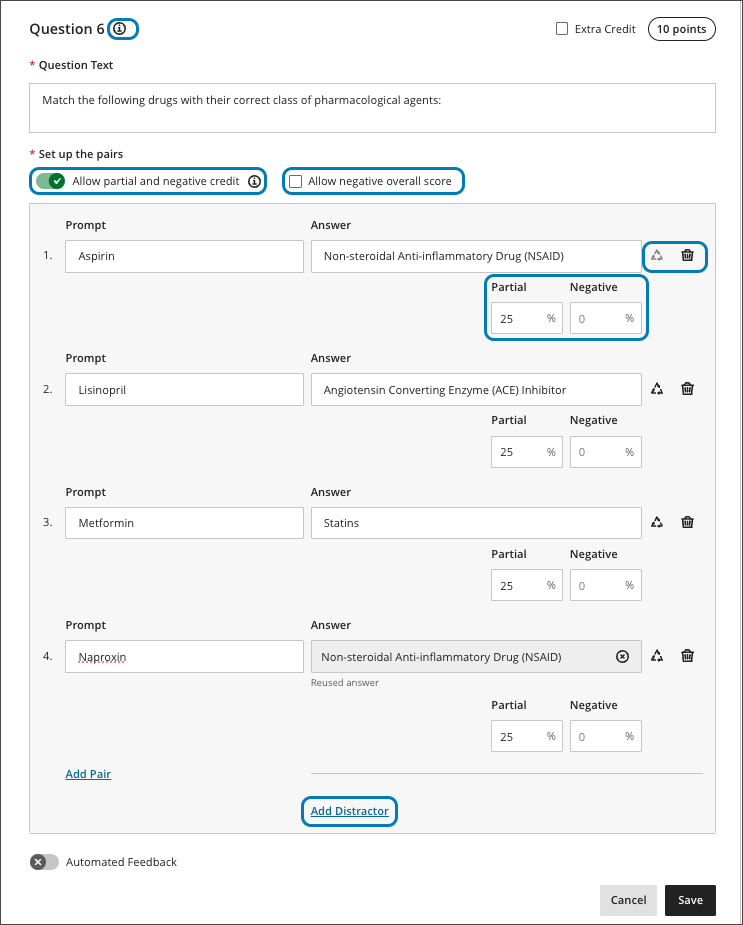

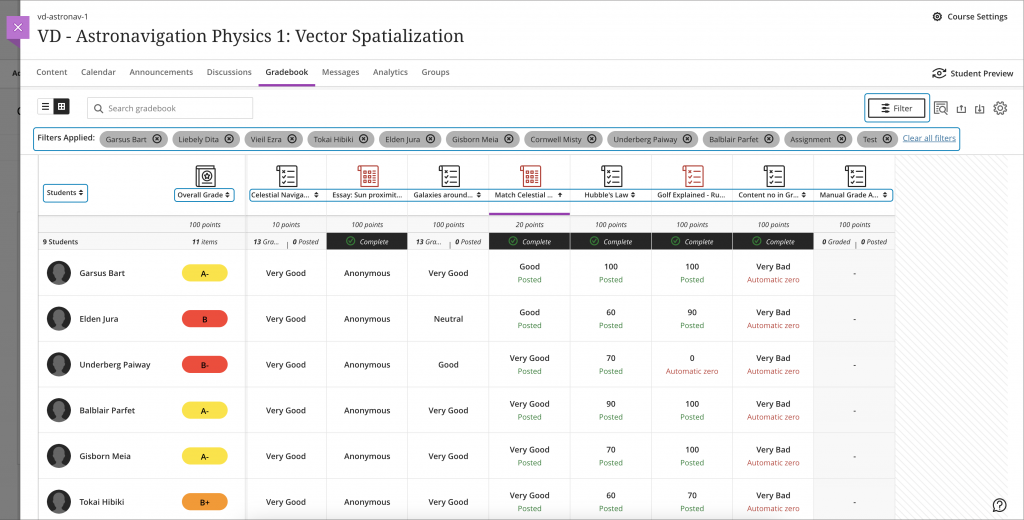
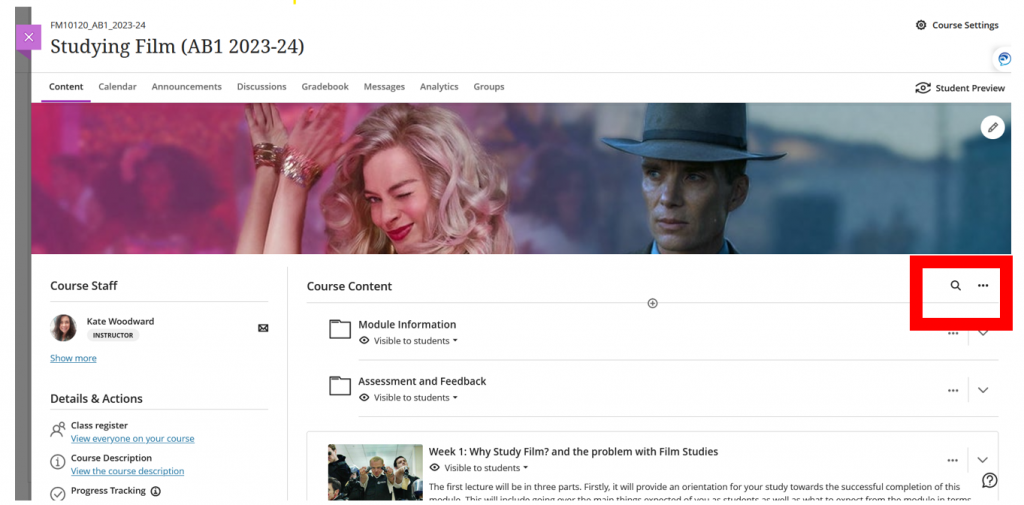
![[Alt text: screenshot of a Blackboard Message sent via email]](https://wordpress.aber.ac.uk/e-learning/files/2023/11/image.png)
![[Alt text: Screenshot of the email message created when you Reply to a Blackboard Message]](https://wordpress.aber.ac.uk/e-learning/files/2023/11/image-1.png)

